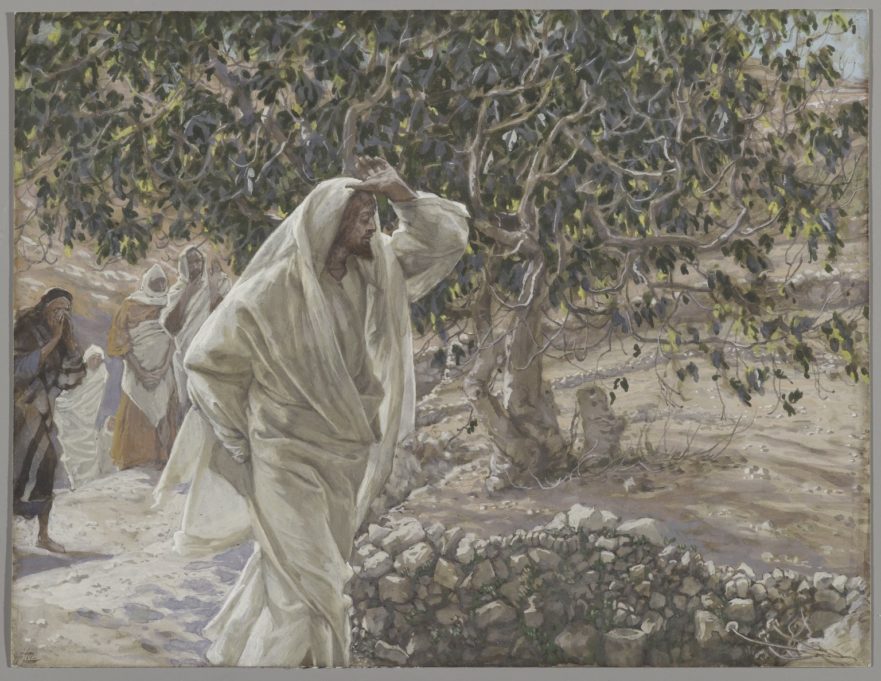Matt. 21:18-20; Mark 11:12-14, 20-21 (Huck 199, 201; Aland 272, 275; Crook 308, 310)For abbreviations and bibliographical references, see “Introduction to ‘The Life of Yeshua: A Suggested Reconstruction.'”
(Why) Did Jews Hate Tax Collectors-Or Did They?

Additional references to criticism of Jesus’ association and table fellowship with “tax collectors and sinners” (Matt. 11:19 ∥ Luke 7:34; Luke 15:1-3) or to sins committed by tax collectors (Matt. 5:46; 21:31-32; Luke 3:12-13; 18:10-13; 19:8b), as well as the depiction of toll collectors as apparent “outsiders” (Matt. 18:17) add to the picture.
A Voice Crying
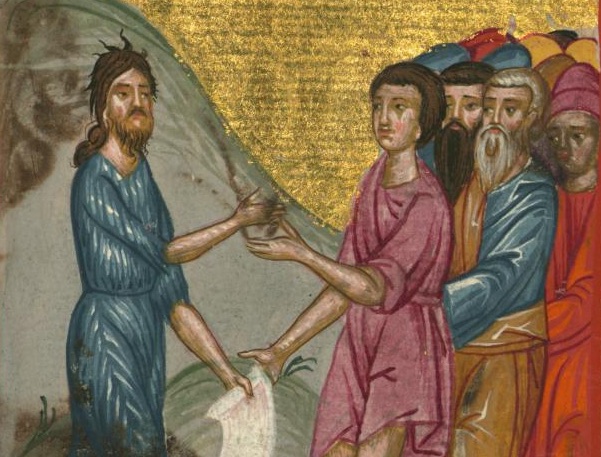
— wp:heading {“textAlign”:”center”,”level”:3} –> Matt. 3:1-6; Mark 1:1-6; Luke 3:1-7a Luke 3:3; L32-33) to the desert (Mark 1:4; L29) appears to be a reaction to Jesus’ thrice-repeated question “Whom did you go out into the desert to see?”
Yohanan the Immerser Demands Repentance

Matt. 3:7-10; Luke 3:7b-9 (Huck 2; Aland 14; Crook 17)For abbreviations and bibliographical references, see “Introduction to ‘The Life of Yeshua: A Suggested Reconstruction.'”
The Expectation of Sabbatical Redemption within Ancient Judaism and Luke-Acts
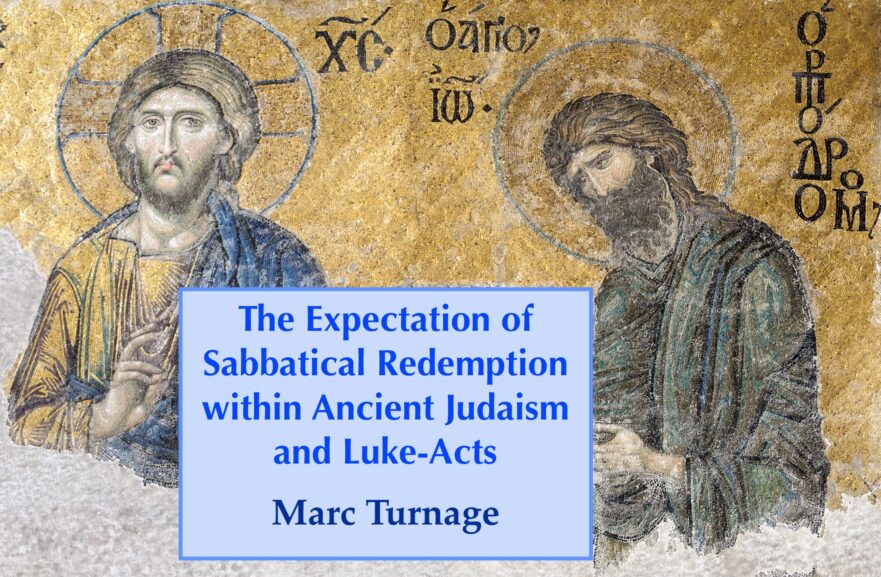
How to cite this article: Marc Turnage, “The Expectation of Sabbatical Redemption within Ancient Judaism and Luke-Acts,” Jerusalem Perspective (2024) .
Yeshua’s Testing
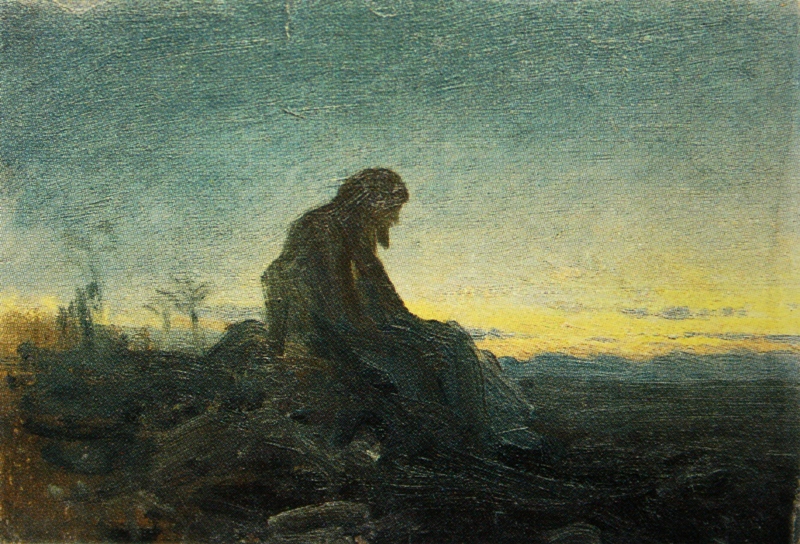
Matt. 4:1-11; Mark 1:12-13; Luke 4:1-13 (Huck 8; Aland 20; Crook 23)For abbreviations and bibliographical references, see “Introduction to ‘The Life of Yeshua: A Suggested Reconstruction.'”
Choosing the Twelve
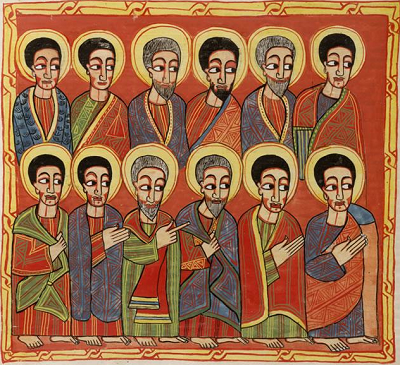
Matt. 10:2-4; Mark 3:13-19; Luke 6:12-16; Acts 1:13 (Huck 72; Aland 49; Crook 72, 103)For abbreviations and bibliographical references, see “Introduction to ‘The Life of Yeshua: A Suggested Reconstruction.'”… Luke’s time marker ἐν ταῖς ἡμέραις ταύταις (en tais hēmerais tavtais, “in these days”) is surprising,The phrase ἐν ταῖς ἡμέραις ταύταις (“in these days “) occurs 3xx in LXX (Jdt. 14:8; Zech. 8:9, 15) but always appears in direct discourse, as opposed to the introduction of a narrative as in Luke 6:12.
Darnel Among the Wheat Parable

The author of Mark expanded the Lukan core of his parables excursus by adding a few additional sayings found elsewhere in Luke (The One Having Ears to Hear ; Measure for Measure ).
Possessed Man in Girgashite Territory
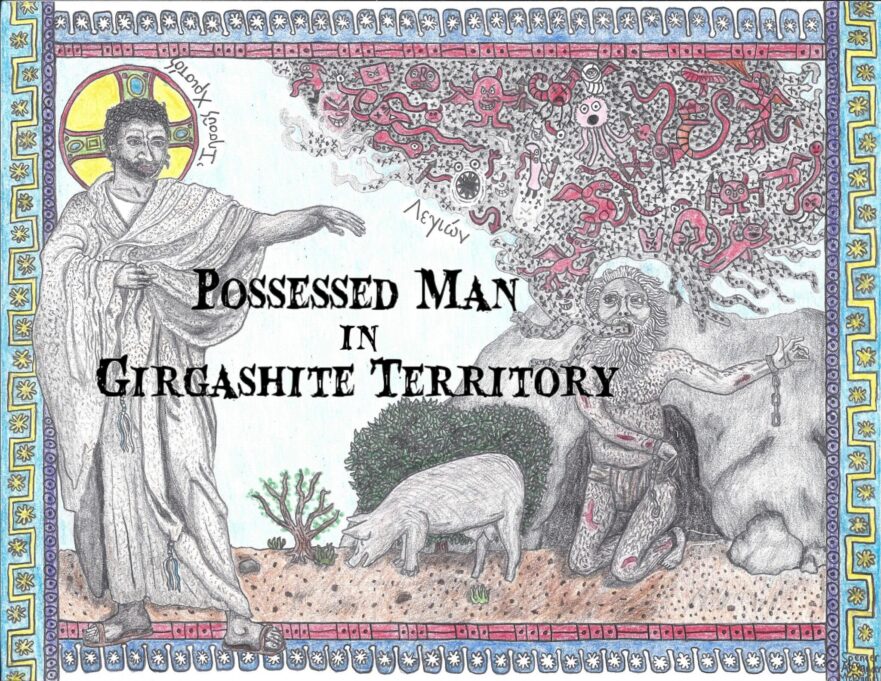
How to cite this article:
Joshua N. Tilton and David N. Bivin, “Possessed Man in Girgashite Territory,” The Life of Yeshua: A Suggested Reconstruction (Jerusalem Perspective, 2023) .
Widow’s Son in Nain
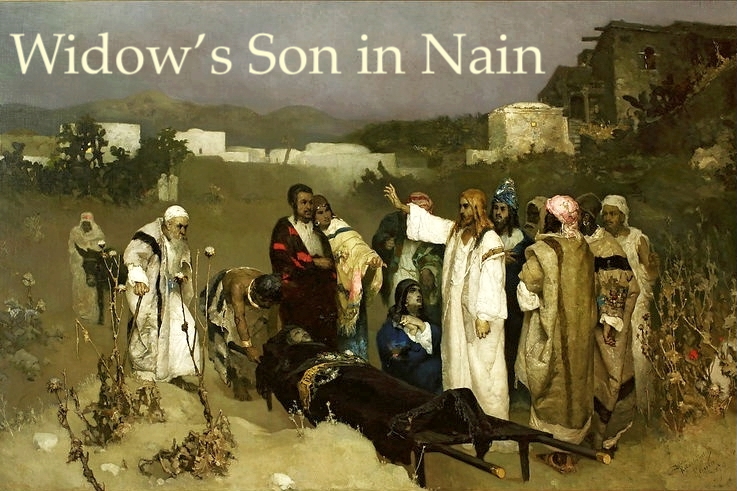
How to cite this article:
David N. Bivin and Joshua N. Tilton, “Widow’s Son in Nain,” The Life of Yeshua: A Suggested Reconstruction (Jerusalem Perspective, 2014) .
Introduction to A Hebrew Translation of the Gospel of Mark

How to cite this article: Robert L. Lindsey, “Introduction to A Hebrew Translation of the Gospel of Mark,” Jerusalem Perspective (2014) .
Yohanan the Immerser’s Question
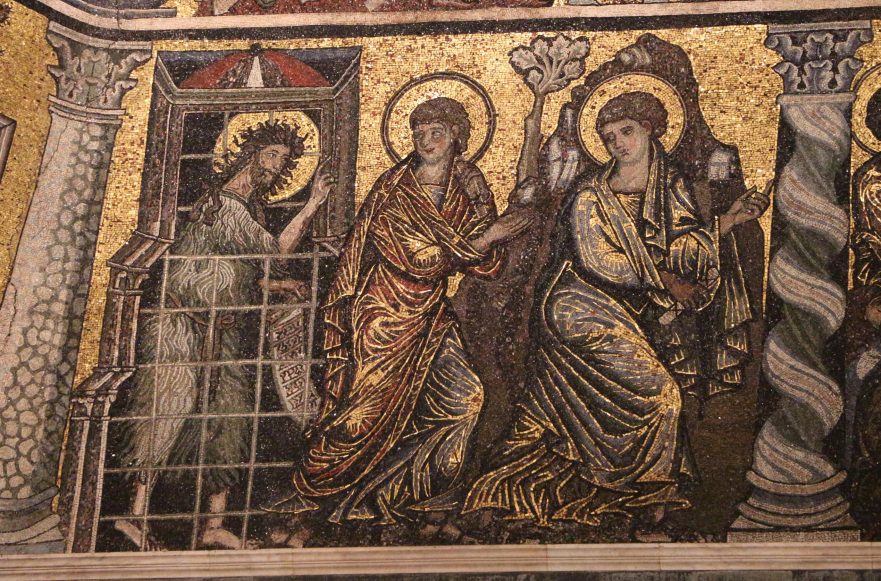
Matt. 11:2-6; Luke 7:18-23
(Huck 64, 81; Aland 106; Crook 122)For abbreviations and bibliographical references, see “Introduction to ‘The Life of Yeshua: A Suggested Reconstruction.'” Updated: 1 November 2023
וַיַּגִּידוּ לְיוֹחָנָן תַּלְמִידָיו עַל כָּל הַדְּבָרִים הָאֵלֶּה וַיִּקְרָא לִשְׁנֵי תַּלְמִידִים מִתַּלְמִידָיו וַיִּשְׁלַח אֶל הָאָדוֹן לֵאמֹר הַאַתָּה הוּא הַבָּא אוֹ לְאַחֵר נְיַחֵל וַיָּבֹאוּ אֵלָיו וַיֹּאמְרוּ יוֹחָנָן הַמַּטְבִּיל שָׁלַח אוֹתָנוּ אֵלֶיךָ לוֹמַר הַאַתָּה הוּא הַבָּא אוֹ לְאַחֵר נְיַחֵל בְּאוֹתָהּ הַשָּׁעָה רִפֵּא רַבִּים מֵחֳלָאִים וּמִמַּכּוֹת וּמֵרוּחוֹת רָעוֹת וּלְעִוְרִים רַבִּים נָתַן לִרְאוֹת וַיַּעַן יֵשׁוּעַ וַיֹּאמֶר לָהֶם לְכוּ הַגִּידוּ לְיוֹחָנָן מַה שֶּׁאַתֶּם רוֹאִים וְשׁוֹמְעִים עִוְרִים נִפְקָחִים וּפִסְחִים מִתְהַלְּכִים מְצֹרָעִים מְטוֹהָרִים וְחֵרְשִׁים שׁוֹמְעִים וּמֵתִים קָמִים וַעֲנִיִּים מִתְבַּשְּׂרִים וְאַשְׁרֵי מִי שֶׁלֹּא יִכָּשֵׁל בִּי
Now, Yohanan’s disciples told him all about these things, so he picked two of his disciples and sent them to the Lord, saying, “Are you he who is coming, or must we continue waiting for someone else?”
So they came to Yeshua and said, “Yohanan the Immerser sent us to ask you, ‘Are you he who is coming, or must we continue waiting for someone else?'”
(Now at that time Yeshua healed many from sickness and injury and demonic oppression, and he gave many blind people the ability to see.)
So Yeshua replied, “Go tell Yohanan about what you yourselves can see and hear: people who were blind are now seeing and people who were lame are now walking around.
Mustard Seed and Starter Dough Parables

Matt. 13:31-33; Mark 4:30-32; Luke 13:18-21
(Huck 97-98, 164; Aland 128-129, 209-210; Crook 150-151, 246-247)For abbreviations and bibliographical references, see “Introduction to ‘The Life of Yeshua: A Suggested Reconstruction.'” Updated: 22 August 2024
לְמַה דּוֹמָה מַלְכוּת שָׁמַיִם וּלְמָה אֲדַמֶּה אוֹתָהּ לְעֵין הַחַרְדָּל שֶׁנָּטַל אָדָם וְנָתַן בְּגִנָּתוֹ וְצָמַח וְהָיָה לְאִילָן וְעוֹף הַשָּׁמַיִם שָׁכְנוּ בְּבַדָּיו וְעוֹד אָמַר לְמָה אֲדַמֶּה מַלְכוּת שָׁמַיִם לִשְׂאֹר שֶׁנָּטְלָה אִשָּׁה וְטָמְנָה בְּקֶמַח שָׁלשׁ סְאִים עַד שֶׁחָמֵץ כֻּלוֹ
“What is the Kingdom of Heaven like? Or what comparison can I make to illustrate its vitality? It’s like a mustard seed that a man planted in his garden. It germinated and grew into a tree.
Four Soils Parable
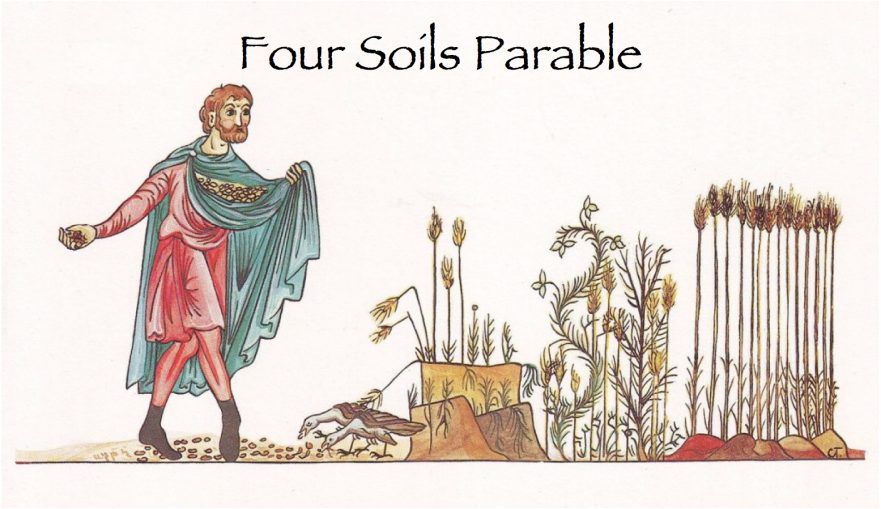
Matt. 13:1-9; Mark 4:1-9; Luke 8:4-8
(Huck, 90; Aland, 122; Crook, 144)For abbreviations and bibliographical references, see “Introduction to ‘The Life of Yeshua: A Suggested Reconstruction.'” Updated: 13 February 2025
וַיְהִי בַּיּוֹם הַהוּא וְהִנֵּה אֻכְלוּסִים גְּדוֹלִים הוֹלְכִים אֵלָיו וַיִּמְשׁוֹל לָהֶם מָשָׁל לֵאמֹר יָצָא הַזּוֹרֵעַ לִזְרוֹעַ אֶת זַרְעוֹ וּבִזְרִיעָתוֹ זֶה נָפַל עַל הַדֶּרֶךְ וְנִדְרַךְ וְעוֹף הַשָּׁמַיִם אָכְלוּ אוֹתוֹ וְאַחֵר נָפַל עַל הַסֶּלַע וְעָלָה וְיָבֵשׁ מֵאֵין לֵחָה וְאַחֵר נָפַל בֵּין הַחוֹחִים וְעָלָה וְהַחוֹחִים חָנְקוּ אוֹתוֹ וְאַחֵר נָפַל בָּאֲדָמָה הַטּוֹבָה וְעָלָה וְעָשָׂה פְּרִי וּמָצָא מֵאָה שְׁעָרִים מִי שֶׁיֵּשׁ לוֹ אָזְנַיִם לִשְׁמוֹעַ יִשְׁמַע
Later that day large crowds of people gathered and came to Yeshua, and he told them this parable: “A sower went out to sow his seed. As he sowed, some fell on a footpath. First it was trampled, then the birds of the sky ate it. Some fell on rock.
Sending the Twelve: Commissioning

Matt. 9:35; 10:1, 5a; Mark 6:6b-7; Luke 9:1-2; 10:1 (Huck 58, 72, 109, 139a; Aland 49, 98-99, 142, 177;
Crook 72, 102-104, 162, 196)For abbreviations and bibliographical references, see “Introduction to ‘The Life of Yeshua: A Suggested Reconstruction.'”
Yeshua, His Mother and Brothers
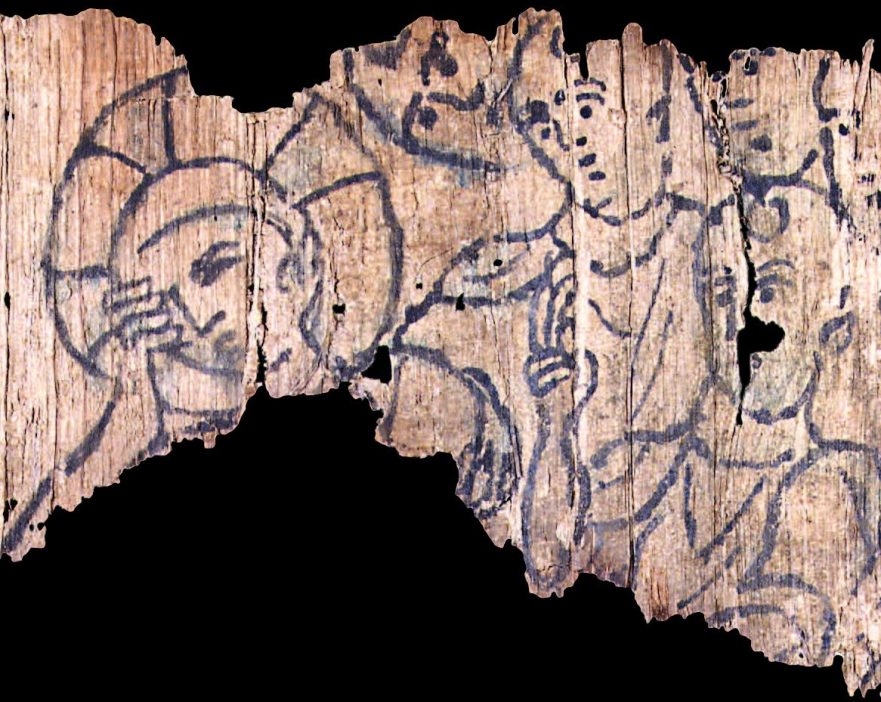
Matt. 12:46-50; Mark 3:20-21, 31-35; Luke 8:19-21 (Huck 85, 89, 104; Aland 116, 121, 135;
Crook 135, 143, 157)For abbreviations and bibliographical references, see “Introduction to ‘The Life of Yeshua: A Suggested Reconstruction.'”
Friend In Need Simile

How to cite this article:
David N. Bivin and Joshua N. Tilton, “Friend in Need Simile,” The Life of Yeshua: A Suggested Reconstruction (Jerusalem Perspective, 2018) .
Man With Edema
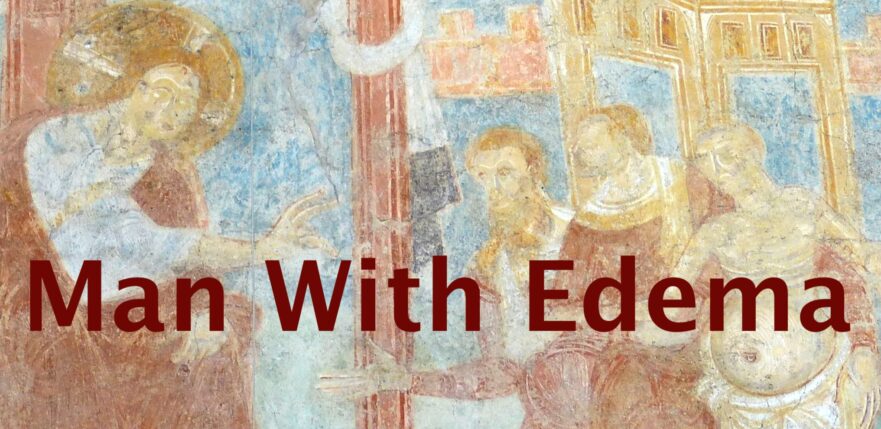
Luke 14:1-6 (Huck 168; Aland 214; Crook 255)For abbreviations and bibliographical references, see “Introduction to ‘The Life of Yeshua: A Suggested Reconstruction.'”

